Description
“The Disclosure of the Methods of Evidence in the Beliefs of the Religion” is a book criticizing “the science of theology”, and the Ash’ari school of thought in particular, in which its author concludes that the opinions of theologians are invalid and unsuitable for either the “public” or the “scholars”. The Ash’ari school of thought is singled out for criticism here not because it is a school of thought that opposes another school of thought issued by the critic, but because it represented the pinnacle of the development of the science of theology as a whole during the time of Ibn Rushd. It is true that the Ash’ari school of thought is mentioned by name in every issue of the discussion as the intended party in principle.
But it is true that this criticism includes the Mu’tazila, the opponents of the Ash’aris, to the same degree, whether in what these took from them, such as the theory of the individual essence, or in what they differed from them in. Although Ibn Rushd excludes the Mu’tazila in his brief presentation of the methods of reasoning of the famous theological sects of his time, because their books did not reach Andalusia, as he says, he grouped their method with the method of the Ash’arites and considered it to be of the same kind. Consequently, what is true of the Ash’arites is true of the Mu’tazila in this area, meaning that their method of reasoning is originally the method of the Mu’tazila, and the Ash’arites employed it in supporting their beliefs. When beliefs turn into a “school of thought”, or when people deal with them, whether their followers or their opponents, as such, this means that they have become immersed in one way or another in the social conflict, which makes the history of their development linked to the general and political “history” in particular, and thus they have their own history. From here it seems clear that the concern that frames Ibn Rushd’s thinking in this book was not merely a theoretical theological concern, but rather a fundamental social and political concern represented by the “harms” that resulted from what the theological groups did in “declaring to the public” their interpretations, and what resulted from that of “hatred, enmity and wars” and tearing apart the Sharia and dividing people “completely”. It can be said that this book falls in terms of its classification among the original Rushdian writings that did not know revision, explanations or additions, and it presents living intellectual material, so it was necessary to read it and invest in it again, and this is what necessitated that this material be arranged and controlled again in this edition in which it was prepared in a solid preparation, as the book began with an introduction and an analytical introduction accompanied by explanations by the supervisor of the project to revive Ibn Rushd’s writings, Dr. Muhammad Abed Al-Jabri, in addition to the work of the researcher who graduated the book’s footnotes, taking into account the conditions of the technical rules of investigation and comparison between the copies approved by him

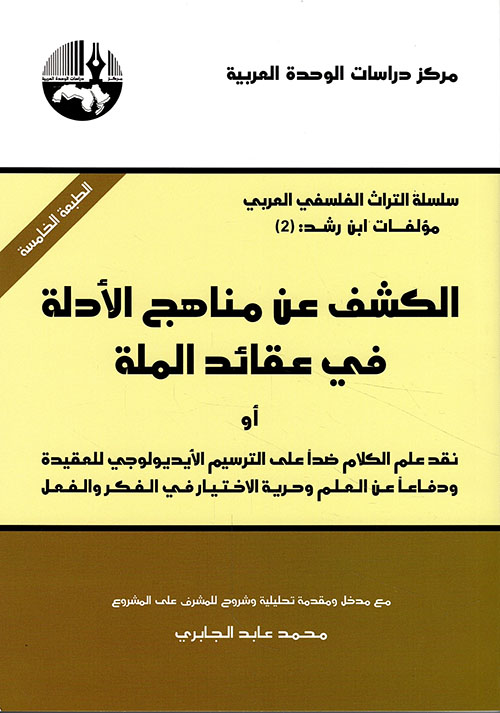
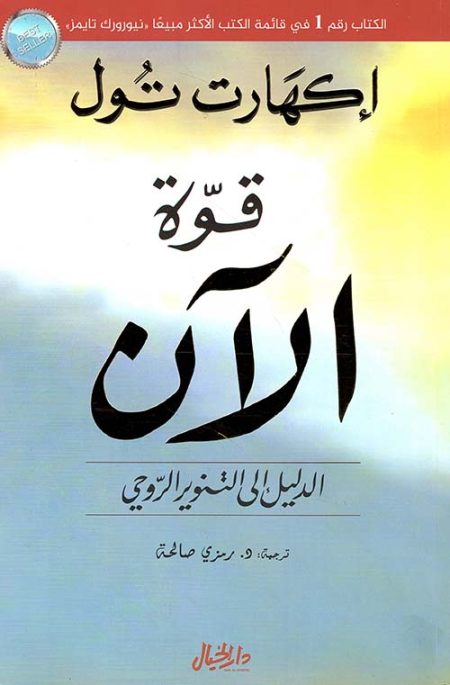

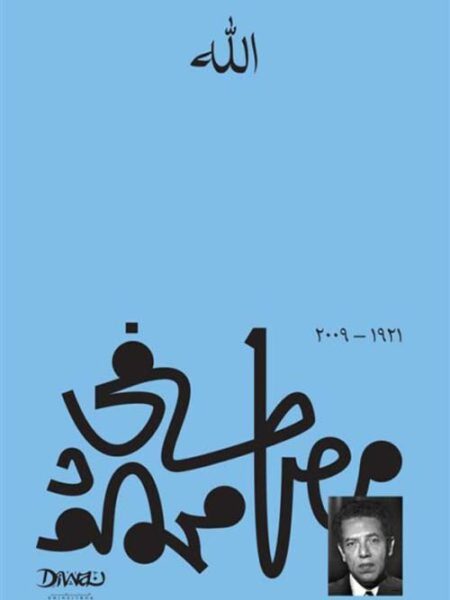
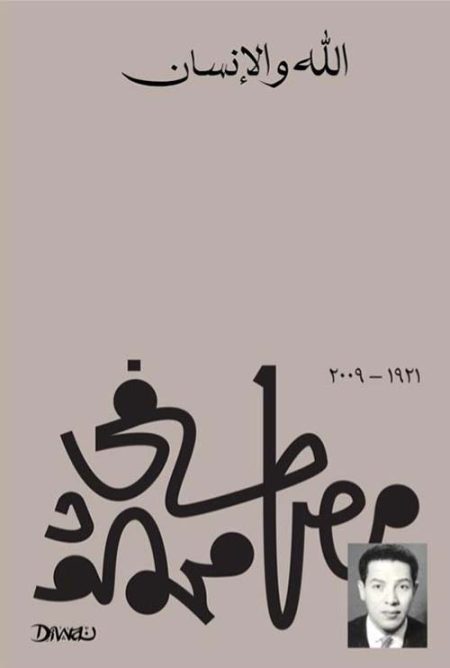
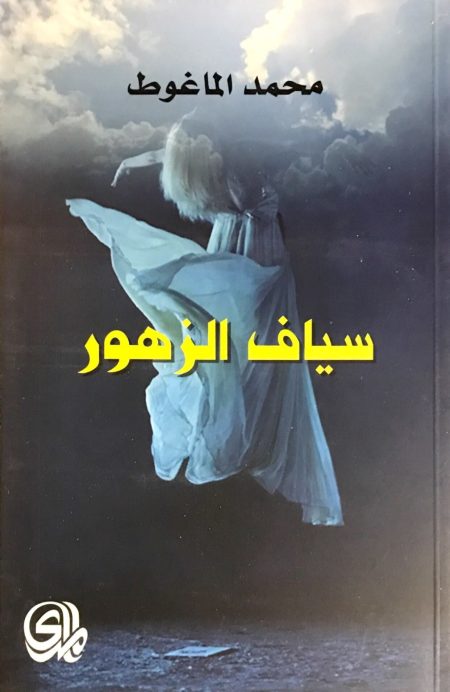
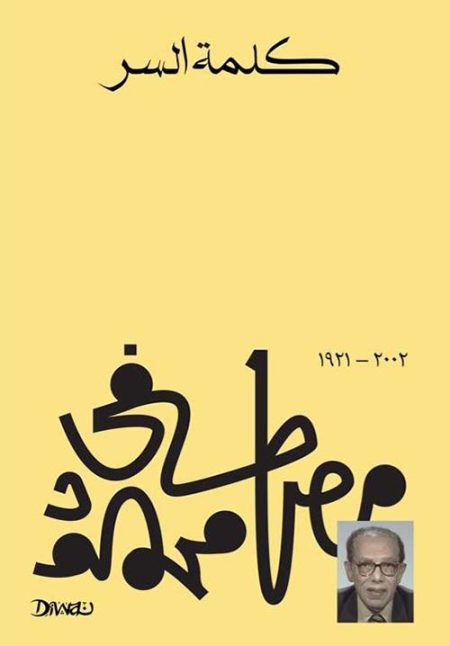
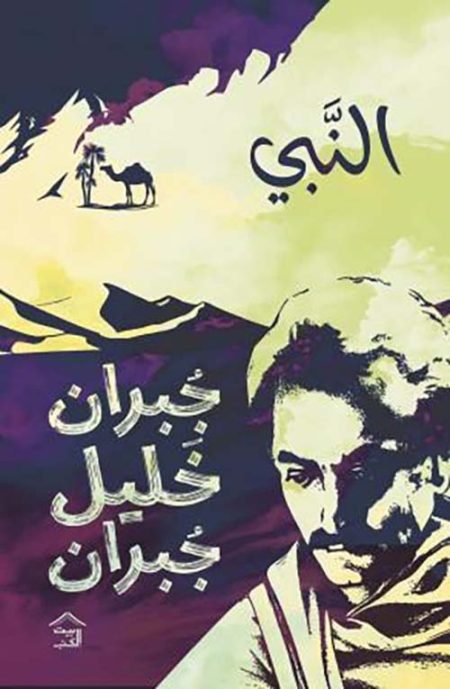
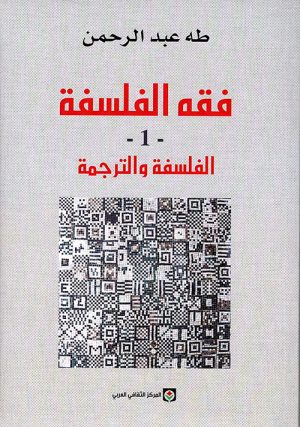
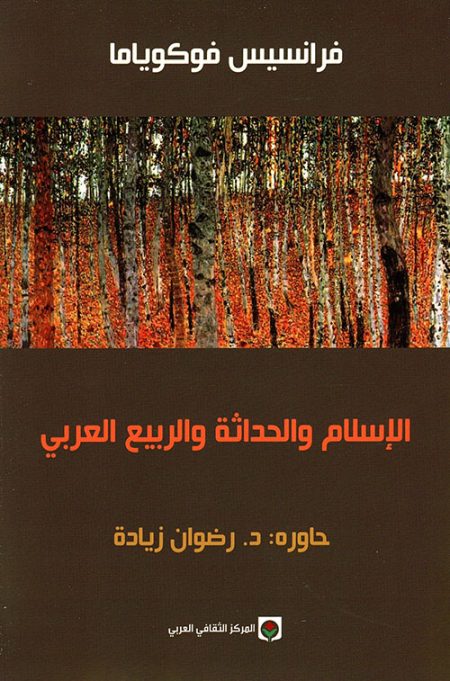
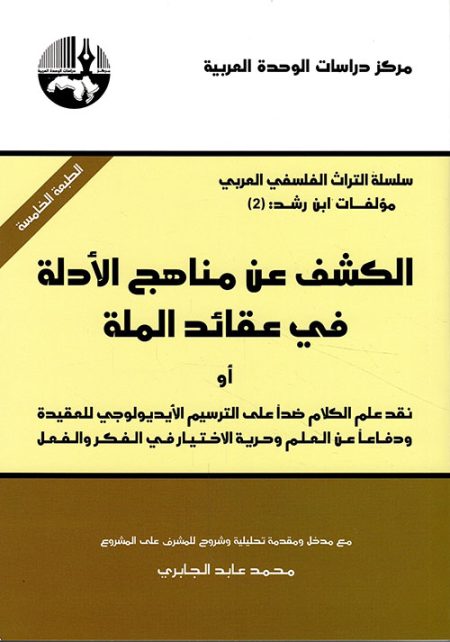
Reviews
There are no reviews yet.